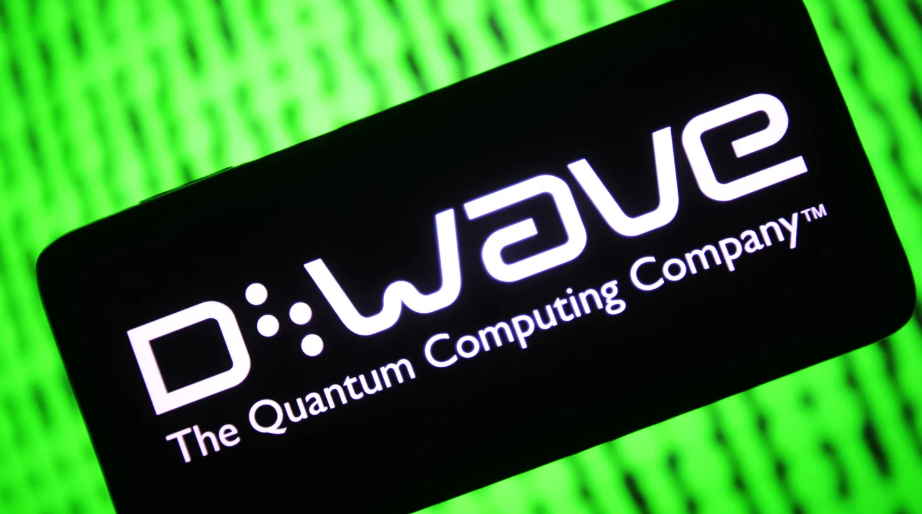The crazy ride in quantum computing stocks continues as shares rip higher on Microsoft's 'quantum-ready' directive

Quantum computing stocks surged on Wednesday, driven by Microsoft’s call for businesses to become “quantum-ready” by 2025 and renewed investor interest following softer-than-expected December core inflation data.
Mitra Azizirad, president and COO of Microsoft’s Strategic Missions and Technologies division, wrote in a blog post, “We are at the dawn of the reliable quantum computing era. We’re on the verge of quantum computers solving meaningful problems and delivering new business value.”
These comments propelled significant gains in the sector, with Rigetti Computing shares jumping over 23%, D-Wave Quantum climbing 21%, IonQ soaring 35%, and the Defiance Quantum and AI ETF rising by 2.7%. The rally was further fueled by Nvidia’s announcement of a “Quantum Day” scheduled for its GTC conference in March.
Microsoft also introduced a program to help businesses prepare for the quantum era, describing this period as a pivotal moment for business leaders to act. Azizirad expects quantum research and development to accelerate significantly in the coming year.
This move underscores growing momentum in quantum computing, a field that harnesses quantum mechanics to tackle problems far beyond the capabilities of traditional computers. Quantum stocks had previously experienced a surge after Google, part of Alphabet, revealed a breakthrough with its Willow quantum computing chip.
However, Nvidia CEO Jensen Huang’s recent comments suggesting that practical quantum computers remain decades away dampened enthusiasm earlier this year. Similarly, remarks by Meta Platforms CEO Mark Zuckerberg tempered expectations, leading to a brief slump in quantum stocks.
While quantum computing remains a nascent field, proponents argue that the technology will eventually perform tasks impossible for traditional computers and process significantly larger volumes of data. Nonetheless, skepticism persists among Wall Street analysts, with many predicting that real-world applications for quantum computing are still years, if not decades, away.